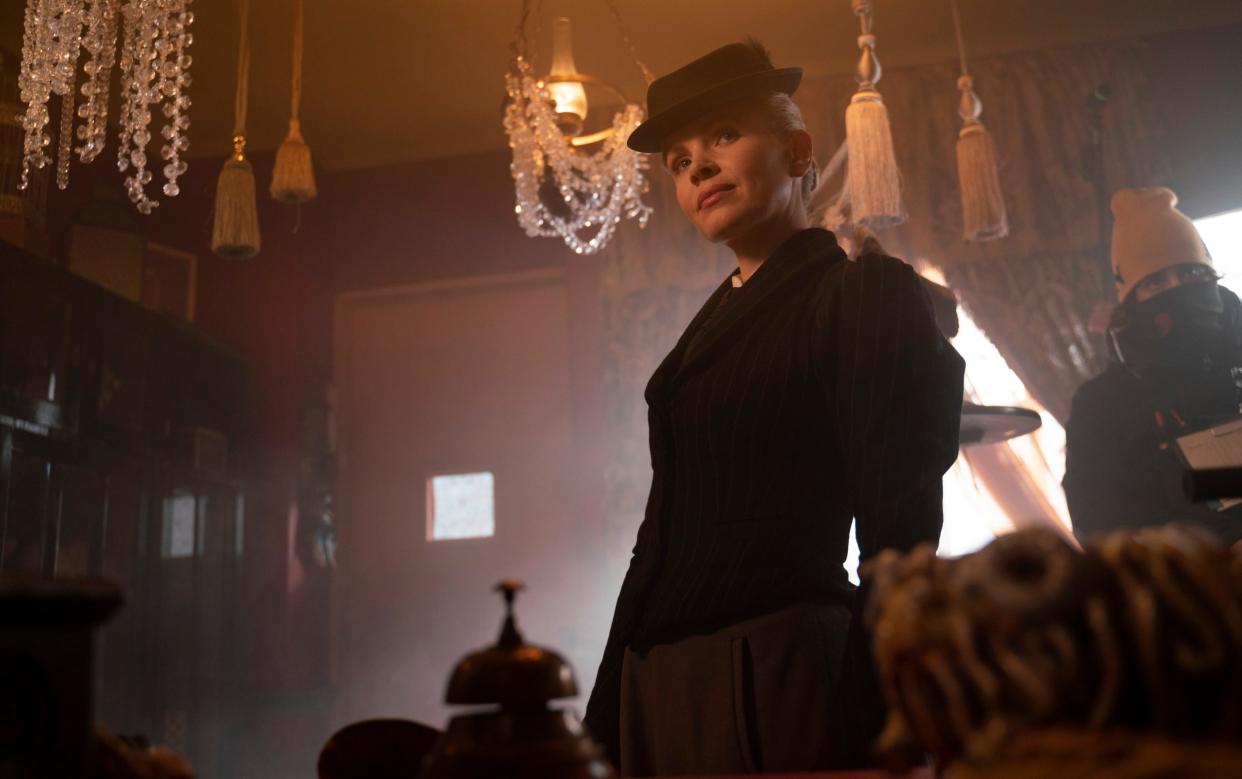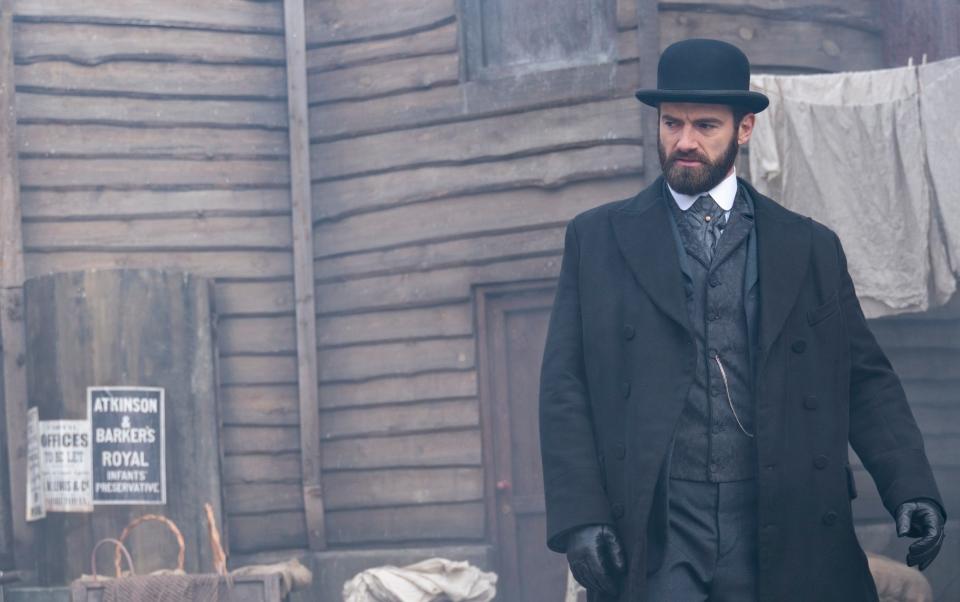Miss Scarlet and the Duke, review: there's a reason America has fallen for this cosy crime gem

Who knew there was a Victorian detective drama on television, so popular that it’s now entering its fourth series? It’s called Miss Scarlet and the Duke, and you probably haven’t heard of it – I certainly hadn’t, until this week – because it’s not on one of the main channels or big streaming services, but on Alibi.
Its popularity isn’t in the UK but in the US, where it is shown on PBS Masterpiece and was launched in a cosy Sunday-night double bill with All Creatures Great and Small. It’s how the Americans like to view us Brits: bodices, bustles, and hardy chaps in tweed who have a calming way with sheep.
Miss Scarlet and the Duke follows the adventures of Eliza Scarlet (Kate Phillips), who has taken over her late father’s private detective business in 19th-century London. She faces various obstacles – the patriarchy! – but is capable and determined. At the start of this series we find her showing a journalist around the bustling new agency she has just acquired. But the “employees” are really actors she has paid to be there, because all of the old staff have left in protest and she doesn’t have a single client.
Meanwhile, the Duke of the title is William “Duke” Wellington (Stuart Martin), her childhood friend and now an inspector at Scotland Yard. The force is expanding its jurisdiction, and he doesn’t have the resources to solve all the crimes piling up at his door. Who could possibly help him, hmm?

A will-they-won’t-they flirtation bubbles under the action. The pair bicker and banter and pretend that there’s no sexual tension between them, although she’s perkily pretty and he’s craggily handsome – plus she’s the only woman in this episode, apart from a middle-aged housekeeper and some sex workers, so his options are limited. The mystery involved a robbery at a brothel – or “elite gentlemen’s club”, as the proprietress would have it – in which a government minister was shot but was reluctant to cooperate with the police.
It’s one of those detective shows in which the mystery is wrapped up with satisfying ease by the end of each episode. All the action takes place in dark rooms populated by people in dark clothes, so visually it’s lacklustre, but the tone is pleasingly light and the pacing is lively. There is comedy, in the form of Eliza’s hangdog accountant (Paul Bazely), and Eliza is a peppy presence who lifts the whole thing.


